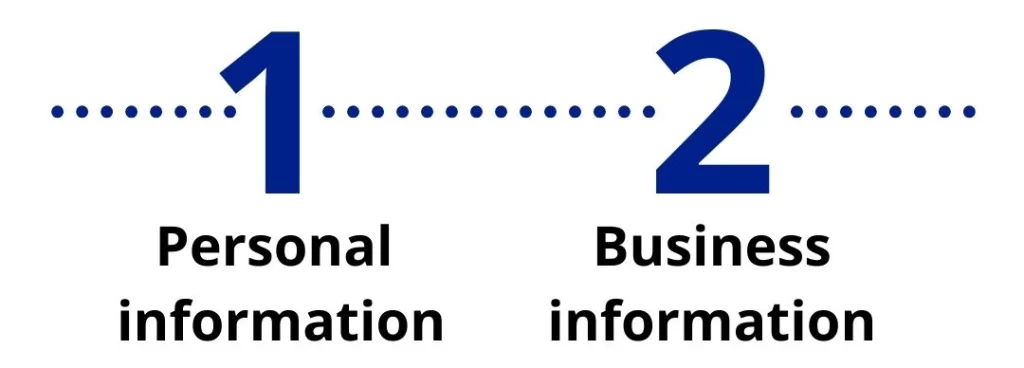Understanding energy audits and why they are important
Despite the availability and benefits of energy audits, few businesses get them. This is likely due to most people being unaware they exist or not knowing how beneficial they can be. According to a 2020 survey conducted by the Department of Technology and Society at Stony Brook University New York, only 9% of survey respondents had gotten an energy audit.
Getting an energy audit for your business can help you reduce energy consumption by helping eliminate energy waste. This will reduce your energy bill and lower your carbon footprint.
This article is going to explain what an energy audit is, how it can reduce energy costs, and how it can help reduce your carbon footprint.
What is a home energy audit?
A home energy audit is a series of tests performed by a professional to determine how energy efficient your house is. The test results will tell you if you can make energy saving changes to lower your monthly bill. There are a wide variety of potential recommendations, such as sealing windows and doors, upgrading an old a/c unit, or energy efficient renovations.
In order to get an energy audit for your home the first thing you should do is call your local utility as they might offer free energy audits, or at the very least, can provide a list of local professionals.
Home energy audits typically cost $100-$150 but, depending on location, house size and what tests are needed, could be $300-$600.
What is a Commercial Energy Audit?
A commercial energy audit is a comprehensive evaluation of the energy usage of a commercial building. The purpose of an energy audit is to identify areas where energy is being wasted and to recommend strategies to save money and energy.
A business energy audit typically involves a professional energy auditor inspecting a building’s heating and cooling systems, lighting, insulation, and appliances to identify areas where energy can be conserved. An energy audit for a business may also include a review of utility bills to identify trends and potential savings opportunities.
Energy audits for businesses can help save money by identifying areas where energy is being wasted and recommending cost-effective strategies to conserve energy. A commercial energy assessment can also help a business identify opportunities to upgrade to more energy-efficient equipment, which can reduce energy consumption and save money over time.
By performing regular energy audits for businesses, it’s easier to stay ahead of rising energy costs and become more sustainable by reducing their carbon footprint.
Whether you’re a small business or a large corporation, a commercial building energy audit can help you save money and energy while improving the comfort and efficiency of your commercial building.
4 reasons getting an energy audit is important
- The most obvious reason is to lower your energy costs. A good audit will provide a roadmap that if done, typically saves a business between 10% and 40% on energy costs.
- Energy audits can also help identify issues that your equipment might have such as leaks in your compressed air system. Leaks like this can become very expensive if they aren’t fixed early on.
- Upgrading your home/building to be more energy efficient increases property value.
- When you upgrade, your home/building lowers overall energy use and thus your company’s environmental impact decreases. It also helps lower the load on the energy infrastructure.
The 4 different types of energy audits
The type of energy audit needed varies from business to business, but most homes would need a lvl 0-1 audit. A large manufacturing company would require a much more in depth audit than, say, a small business.
The American Society of Heating, Refrigerating, and Air-Conditioning Engineers (ASHRAE) groups energy audits into 3 categories, but in actual practice there is a 4th in use.
Level 0
Level 0 audits are walk-through audits designed to be quick, inexpensive, and to provide a list of maybe 15-20 ideas worth considering. They do not provide an analysis, cost estimate, or a savings estimate. These are perfect for the property owner that has multiple locations and wants to identify which need more detailed audits.
Level 1
This is also considered a walkthrough audit, but is a bit more in depth. The main goal is to get a good idea of how energy flows and overall energy performance in the building. The auditor might speak with employees and do an assessment of past energy bills. An ASHRAE audit is a Level 1 audit.
This is done to find the easiest ways to quickly increase energy efficiency and find any major problems.
Level 2
This includes everything done in the previous levels, but is significantly more in depth. Detailed and rigorous testing may be done, additional personnel interviews may be done. If your state is deregulated, it might include getting cheaper electricity and natural gas — meaning your company will save money on business energy rates.
Level 3
This audit is the most detailed and is considered an investment grade audit. Energy auditors provide, analyze and produce data to recommend larger (often expensive) investments that can be made to significantly reduce energy usage.
Should you get an energy audit?
Are energy audits worth it? You’ll find that an energy audit can identify important problems affecting your energy consumption and therefore your energy bill. Knowledge is power, and with the energy audit done you can make energy efficiency upgrades to problem areas and save energy.
Contacting your local utility to get a free audit or starting off with a basic level 0 audit is most definitely worth it. Energy prices are continuing to rise and doing everything possible to lower your overall usage could save you a significant amount of money.
Looking to get lower energy rates? Get a free quote today!



